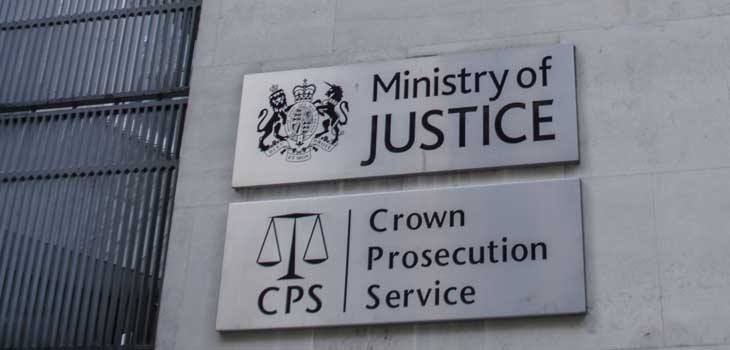
- The CPS must be able to prosecute where the victim’s unwillingness may be the symptom of an abstruse controlling and abusive relationship.
On Saturday 15 February, Caroline Flack’s tragic death became widespread news across the country. Having been charged with common assault of her boyfriend, Lewis Burton, she pleaded not guilty on 23 December last year and was due to face trial on 4 March. On the same day that she took her life, a statement from Ms Flack’s management strongly criticised the Crown Prosecution Servce (CPS) for pursuing the case, citing its knowledge of her vulnerability and the lack of support from the alleged victim.
The events precipitated a major debate surrounding the role of the CPS and its charging decision. As has been acknowledged by several legal commentators, only the CPS know the full facts on which it based its action and to speculate or admonish without knowledge









